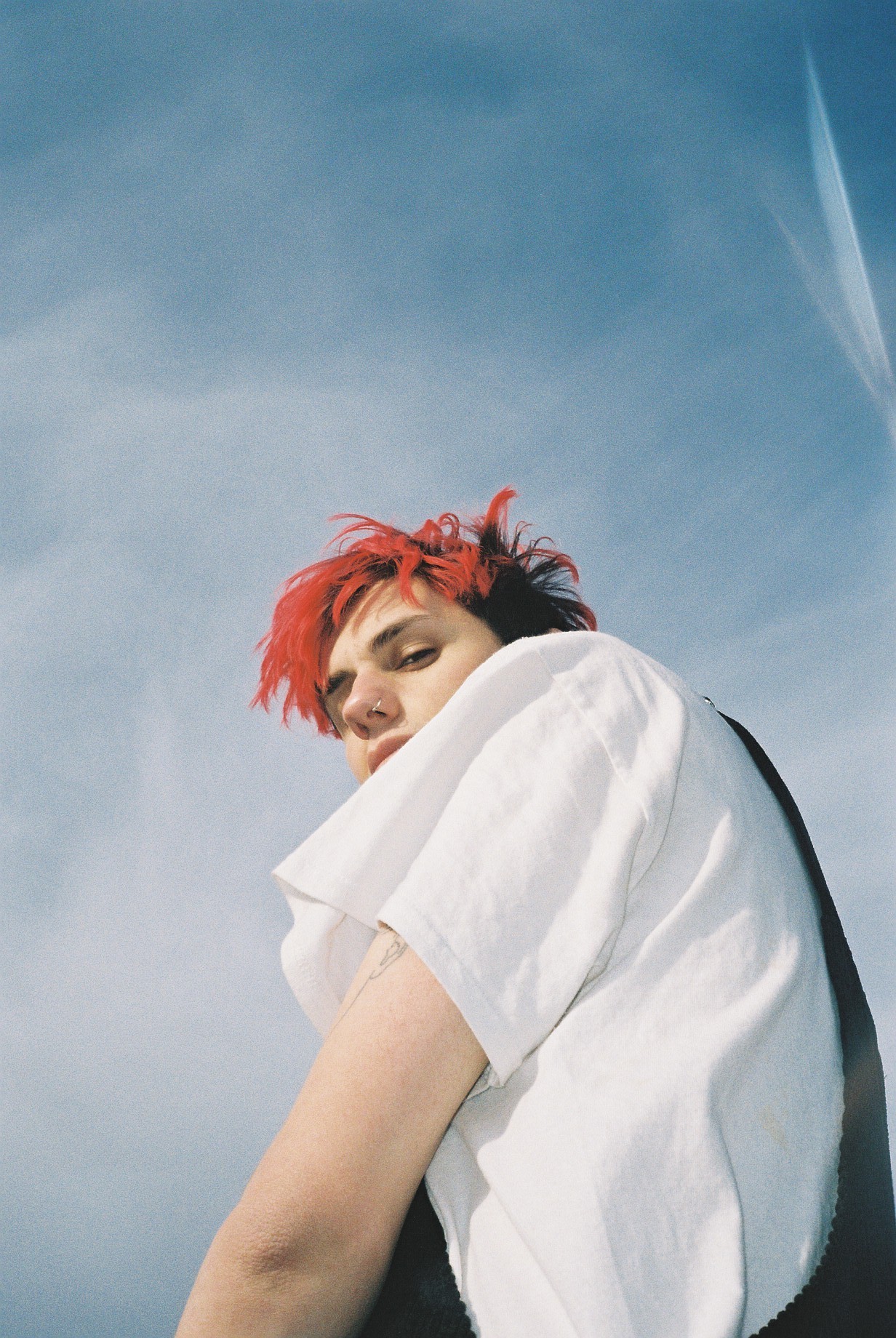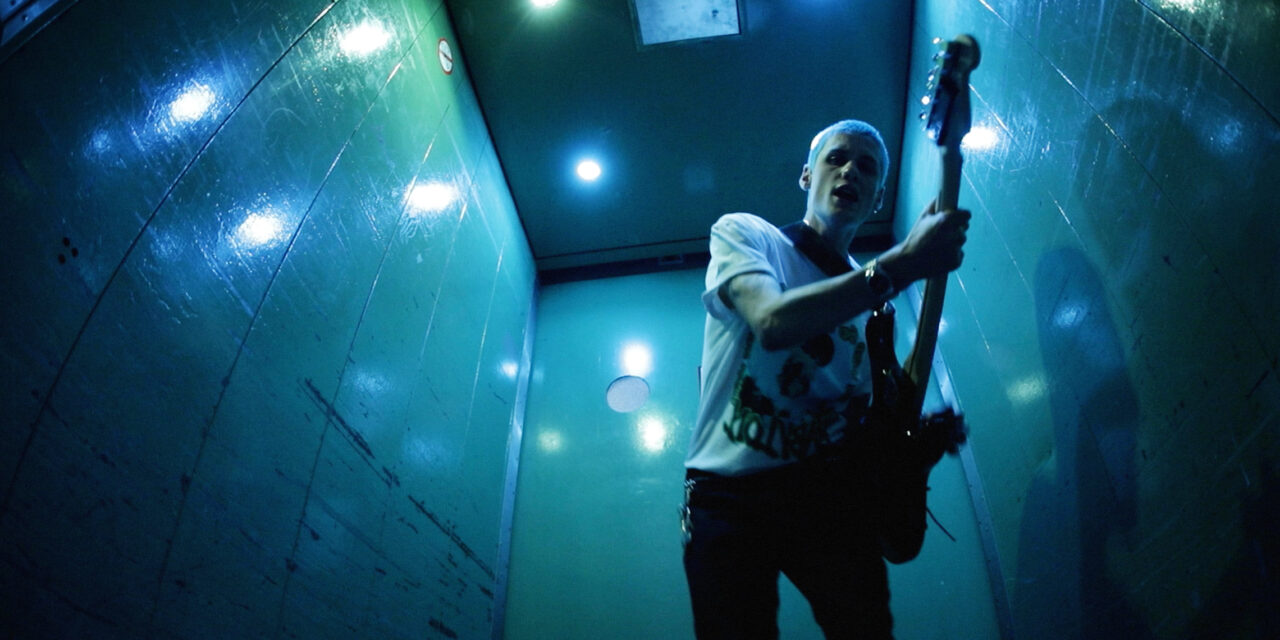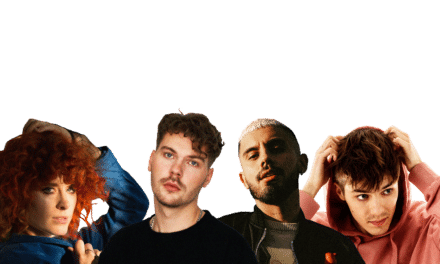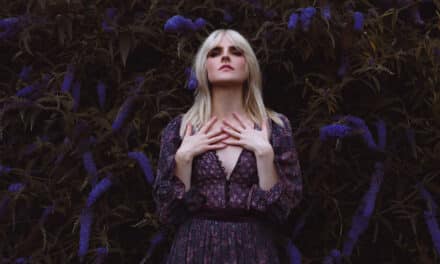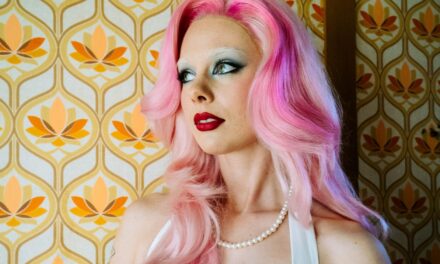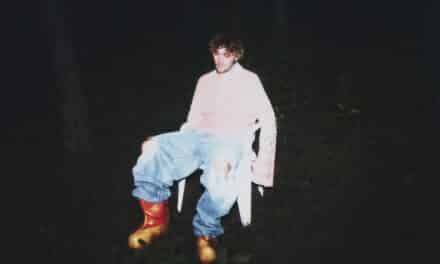Photo Credit Cherie Hansson
Vienna based multi-instrumentalist and producer Joe Traxler is defined by groove-driven indie pop and confessional lyricism. His musical maturity and forward-thinking independent approach has garnered him radio airplay in the US and Europe, one million streams on Spotify, and numerous TV appearances on Austria and Germany’s biggest broadcasters. On stage, Joe has supported indie powerhouses Jade Bird, James Gillespie and cult legend Vesperteen.
Presenting his third single of 2021, ‘Don’t Dance’, the new release marks the beginning of Joe Traxlers’ debut LP ‘Lifelines’ which is slated for release in spring 2022. ‘Don’t Dance’ details an evening out wracked with social anxieties and insecurities, yet paradoxically delivered in a feel-good, indie-funk wrapper.
Tell us about the story of your act
I started playing the guitar and creating songs at the age of 11 and have been obsessed with it ever since. Primarily focusing on developing my skills as a guitarist in my teenage years I got into songwriting at the age of 18. I moved to London and played in pubs pretty much every day for 3 and a half years and when I relocated to Vienna 2 years ago I delved deeper into music production and learning to play multiple instruments which really changed the direction of my upcoming debut LP.
What is the message behind your art?
I guess that really depends from song to song but in general, I wanna create something unique and personal rather than following commercial trends.
What are some sources of inspiration for your lyrics and storytelling?
Life, observing what happens around you and internally and reflecting on it.
So I think my biggest inspiration is digging into the subconscious mind. I really like the approach of not knowing what to write about at first, free-styling words, seeing what comes out and then editing it and trying to make sense of it.
I found out that with this approach I come up with the most personal lyrics while still keeping it abstract and interesting.
Who is an artist that you look up to more than others today?
There are many but currently, I’d say Unknown Mortal Orchestra. The songs and productions are so fresh and unique.
All-time favorite record?
Matt Corby – Telluric. Bought the vinyl at one of his concerts in London and been obsessed with it ever since.
Tell us about your latest release and how it came about
I started Don’t Dance with the bassline. I built an arrangement around it and toplined it.
I brought that demo to the studio to work on the sound aesthetic with my collaborators Niklas Pichler and Lukas Klement.
It was one of these songs that just came together super quickly and naturally.
You seem to be fusing several musical genres. What inspires your sound?
Starting my career in music mostly as a guitarist I’ve always been confronted with a lot of different genres.
I’m just a big lover of music, I’ve listened to a lot of grunge and rock bands as a teenager, got more into blues and jazz, singer-songwriter stuff and more recently more into indie, alternative and even electronic music.
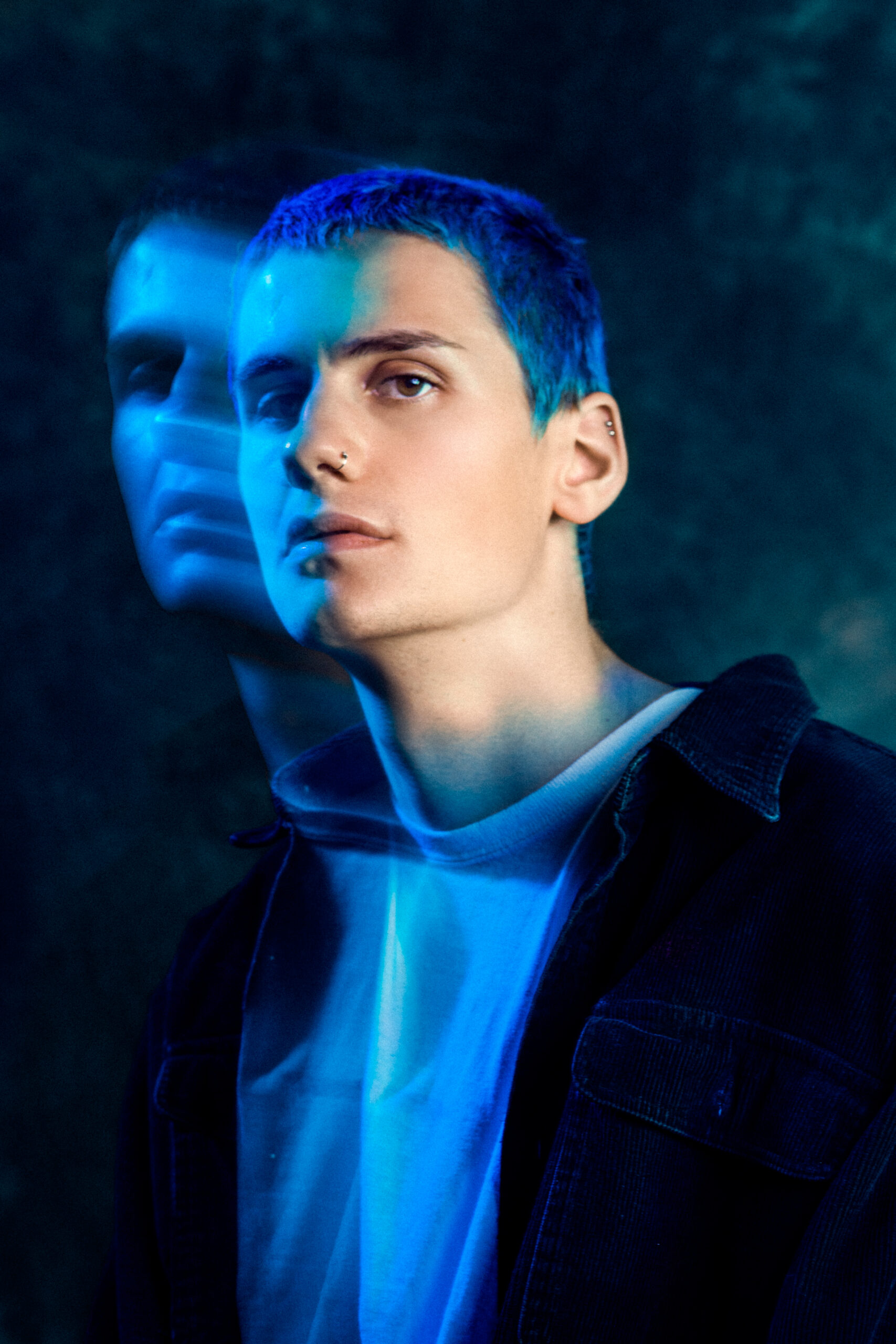
What excites you the most about what you do?
The process of creating. Especially in collaboration with other creative minds. I live for that spark of magic that ignites from time to time.
Also, I love being on stage in particular the moments of improvisation and being 100% in the music.
Where do you see yourself in 5 years?
I wanna play big concerts and collaborate with artists that I look up to. Maintaining a nice balance between my own project but also as a producer and instrumentalist for other acts. Perhaps play the drums live at some point. I just wanna have fun and exciting experiences all over the world.
Your style is very original and elaborate. How do you take care of your aesthetics?
Thank you, I appreciate that. I guess it’s all about finding out what you like and what you feel comfortable with.
I definitely wanna experiment more though, make bolder decisions and break stereotypes.
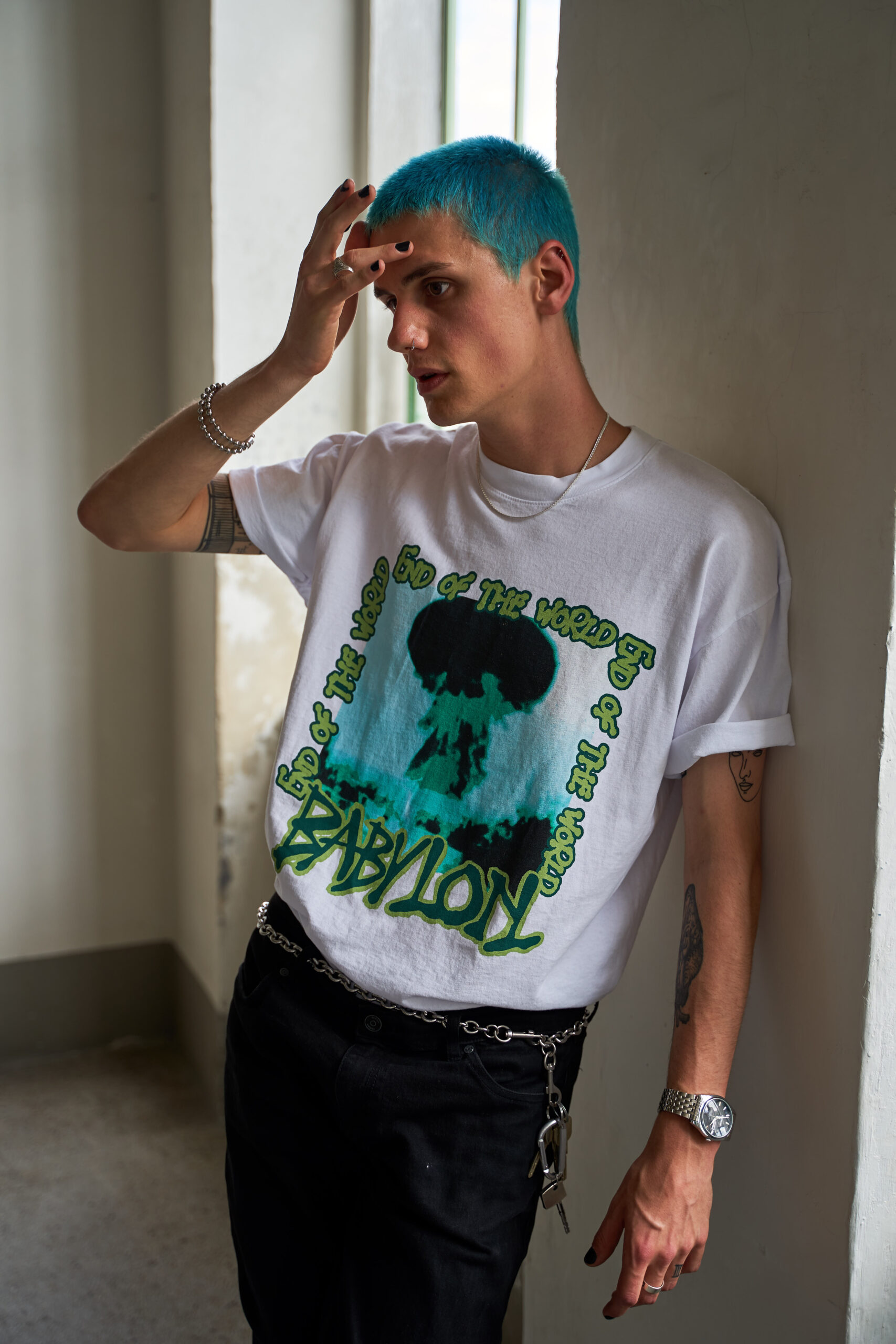
What was the most daunting moment in your career so far?
When I woke up with half my face paralysed one day in March 2017. I wasn’t sure if I could ever sing again. For the following 6 months, I couldn’t blink and speak properly not knowing if it would ever go away. Luckily I recovered enough from it to still be able to do music.
What is the best advice you’ve ever gotten?
It sounds cliché but not to compromise your art for potentially more commercial success.
Where do you think the next game-changer will be in the music industry and entertainment scene?
It’s hard to predict but I’m hoping that there will be fewer gatekeepers and it’ll be more about art and individuality rather than pushing everything that fits neatly into a format.
Maybe that’s just wishful thinking though.
